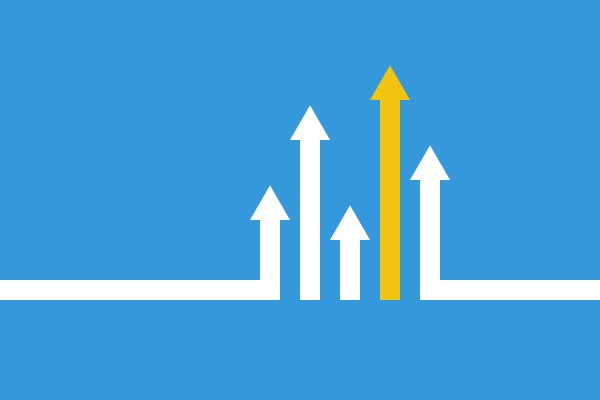If you have more than one business model, you don’t have a business model

To be successful, a business needs to have a plan for revenue in the short term and profitability in the long. Early-stage founders might be tempted to come up with half a dozen ways the company could make money. Don’t fall into temptation: Five unproven solutions don’t make one actual solution.
Having said that, sometimes there might be several business models that could lead to profitability. The Business Model Canvas approach, where every aspect of the business is condensed onto one slide, offers a holistic view into every aspect of your business. For a pitch deck, however, I think it’s worth narrowing it down to two things: customer acquisition and lifetime value.
For acquisition, focus on where you find your customers, whether those acquisition channels are scalable, and what it costs to acquire a new customer, usually called customer acquisition cost, or CAC.
On the lifetime value front, examine how much each customer is worth, from the moment they show up in your product until they stop using your product. Every dollar they spend along the way is an individual customer’s lifetime value. From there, you can break your customers into different segments: One customer category could be people who come to your platform and immediately leave; another category can be customers who stay for weeks or months or years.
For the sake of simplicity, it’s usually enough to take the total money made from customers and divide that by the number of customers you have — that’s the average value of those customers so far. The challenge is to model out how long they’ll stay. Per definition, you’ll only know a customer’s true lifetime value after they leave; so here, you’ll have to build a model and make some assumptions about how much time your customers will spend with you, and how much money they will spend along the way.
A startup’s only mission is to find a repeatable business model
I’m quite partial to Steve Blank’s definition of a startup: “A startup is a temporary organization used to search for a repeatable and scalable business model.” Or, put differently, your company is meant to become a machine that can turn the $100 you put into the top into $150 falling out of the bottom. Take the $150, toss it back into the top of the machine, and you have a rapidly growing, viable, repeatable business model.

